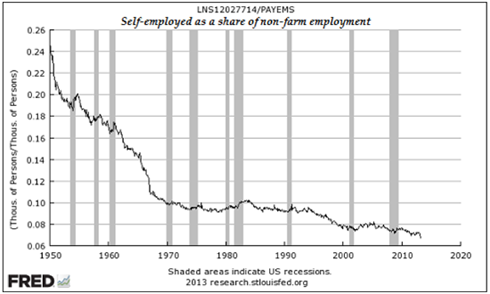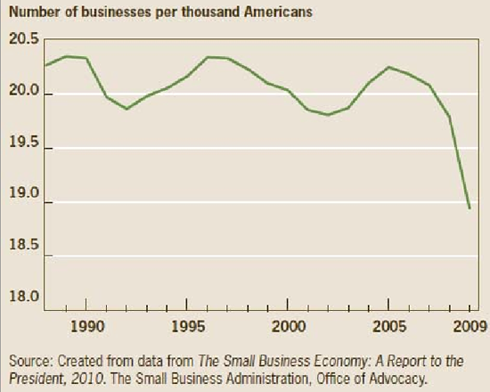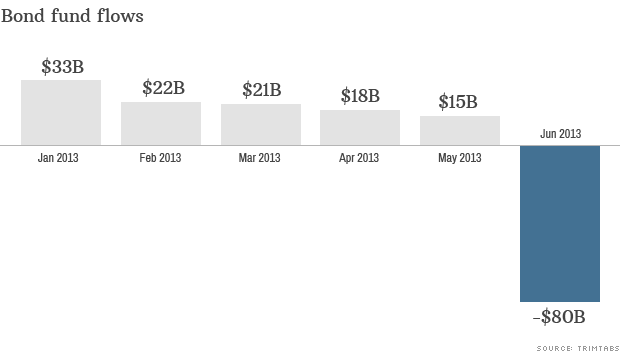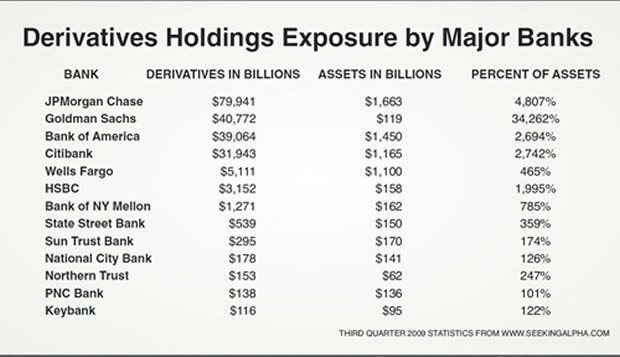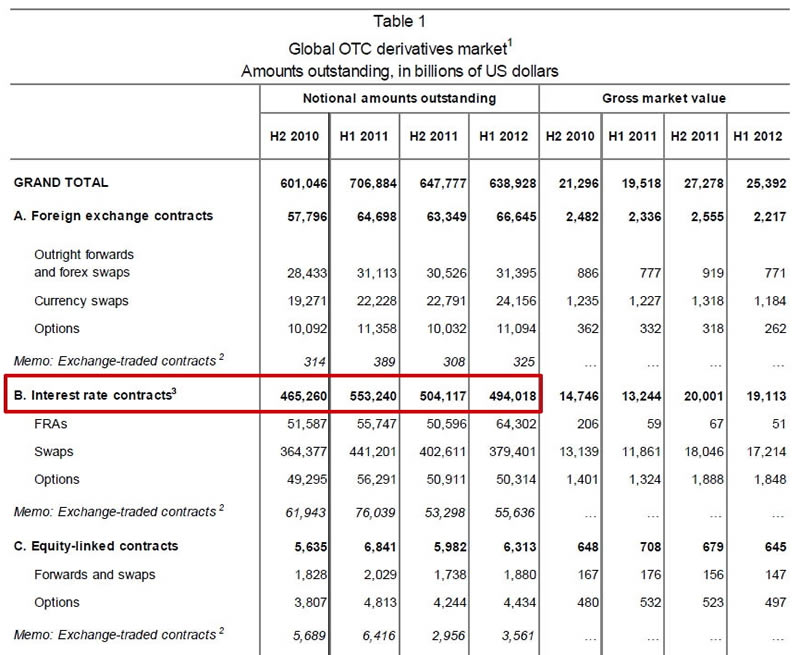China's Great Humiliation
MODERN MYTH'S OF NATIONAL TRIUMPH
Writing in 'Wall Street Journal' and saying China needs “a new national story”, Orville Schlee and John Delury basically claim China has for too long been hobbled and fettered, ideologically, by its modern history of humiliation. This was due to the so-called unequal treaties it was forced to sign with what for Chinese, were the Western Barbarians. These unequal treaties started with the British in 1842.
The cult of national humiliation was used by Mao Zedong, founding the Peoples Republic in 1949 when he said “Ours will no longer be a nation subject to insult and humiliation."
Schlee and Delury contrast that with the US and France:
“Every July, amid festivities and fireworks, the U.S. and France mark their birth as nations”. They claim that in both cases this started with triumph: “Accustomed as we are in the West to histories that begin with triumph—the signing of the Declaration of Independence, the storming of the Bastille—it may seem strange that China, the fast-rising dynamo of the East, marks the beginning of its journey to modern nationhood in a very different way: with the shock of unexpected defeat and the loss of national greatness”.
Chinese state mythology, to be sure, makes it obligatory for every schoolchild to know China's official Before and After – Before and After the First Opium War of 1839-42. Schlee and Delury say this is comparable with Americans teaching children the preamble of the Declaration of Independence, and French forcing all schoolchildren to learn La Marseillaise, but in China's case it is a cult of national humiliation and the natural desire for revenge.
In fact all three events were revolutionary, included 'revanchist' motives, involved mass killing and were overturned and superceded by the real world. Teaching everybody, not only schoolchildren the differences between Before 2008, and After the crisis, are a lot more relevant to the modern world.
CHINA'S REBALANCING IS ALSO CULTURAL
When or if China experiences a massive financial and economic crisis comparable to that of 2008 in the US, France, other European countries, Japan, and other developed countries this may be as humilating for China as its 1842 defeat by the British in the First Opium War. It will be humiliating in the same way, but possibly not as intensely, as the deep humiliation suffered by the populations of the PIIGS countries, doomed to years (even a decade) of austerity, their youth forced to emigrate.
China's slowing economy is taken as “a danger signal”, by many in the West, only for what Chinese slowing will or can do to global economic growth.
It is usually ignored for what it is: a danger signal generated by and inside the Chinese economy and society. It warns that China can suffer a finance-triggered crash exactly like the Western economies. Very little prevents this – and the reason is because China has caught up. China is so far from a humiliated nation that, although Scheel and Delury don't exactly say this, its “170-year-old cult of national humilation” is a lot more than simply dangerous, if it affected Chinese political decisions.
This is not the case, but the reasons should alarm us even more. China has learned from the Western crisis of 2008 and its sequels. China is alarmed and perplexed, confused in the same way as Western deciders, or non-deciders. China knows this is a terminal crisis, but does not know what comes next.
The almost natural reflex action is to slow down, like driving in fog, hail or heavy rain.
National symbols, historical myths are in any case unrelated to the modern global economy. It is also arguable China has re-interpreted its 170 years of humiliation much more constructively than Americans, today, treat and mistreat the Declaration of Independence, and French fumble with the “real meanings” of the Storming of the Bastille.
All three were war-related events. All three events presaged future wars – civil wars. None of then had anything to do with the global economy's fantastic morph into uncharted waters since 2008. Inside the US and France, today, their historical relics are criticised by some as a “distraction”, even an irritation.
For Chinese, national mythology makes The Temple of the Tranquil Seas, in Nanjing, the place where Chinese forces signed a humiliating surrender deal with British forces, a “curious porthole into the bitter past of foreign incursion and exploitation”. Today, countries like Cyprus must sign with the Troika, for last-minute bailouts under humiliating conditions. Across the OECD countries and with very few exceptions, the tens of millions of additional unemployeds since 2008 must accept the humiliation of long-term joblessness.
FORGET THE FIREWORKS
As it is, this July 14, many French towns and smaller cities have quietly shelved their traditional fireworks shows. Even when produced and sold by China, as most are, they are too expensive.
As we know, both Republicans and Democrats trace their ideologies to July 4. Both Napoleon and French Republicans claimed legitimity from July 14. In China, both the Nationalists and Communists constructed their ideologies with claimed inspiration from the August 1842 Nanjing Treaty. In no case did this prevent intense conflict, even civil war. Arguments can be made that all three “founding national events” sowed the seeds of civil war.
Facing economic crisis and being unable to trace it to unequal trade treaties, dumping, currency devaluation, commodity or stock price manipulation – or any other hostile action called Economic War – the fireworks of Great Power conflict, spurred by economic war, are at present very unlikely. This is because the crisis is too grave, not the opposite.
The fact that the Asian Locomotives, following the Asian Tigers, have slowed and then slowed again, while the other BRICs and G20 former high-growth Emerging economies, such as Brazil, are almost in recession should alert us to the real situation. For China, simply because of its massive size and long history, its deep experience of the recent high-growth phase of economic globalization, the roles of rebalancing – firstly to slow the economy – are clearly understood.
The motives for this are however more complex in the Chinese case, than in the Western economies which were subjected to chaotic and unexpected slowing, turning it into an inevitable crash. China in now way wants to repeat that humiliation, dealt to and inflicted on the West by itself. China therefore plans for controlled slowing – with all the dangers that implies.
As the Western economies have slowly understood, since 2008, there is little or no symmetry between the growth economy and decline economy. They are not simple red lines and blue lines on a chart, the one canceling the other. They are different processes – understood, now, by the admission of some Western economists, if not politicians, that “restoring growth” may not be conventionally possible or may have to be “heterogeneous”, spread over a long time period, staggered, or suchlike. This recognition is often given coded language for example “double dip and triple dip”, “negative growth”.
China rides the Dragon. The capture by British forces of a Chinese Imperial Rising Dragon flag at the Battle of Chusan, during the First Opium War, was a key event in this key war. The Dragon, in Chinese mythology, can disappear in a flash and as a mythological animal is both revered and feared. Growth of the economy, in China, may be so extremely compressible that for all intents and purposes it disappears from view.
This would be more than simply a national humiliation – it would be a global catastrophe.
By Andrew McKillop
Contact: xtran9@gmail.com
Former chief policy analyst, Division A Policy, DG XVII Energy, European Commission. Andrew McKillop
Biographic Highlights




.png)



